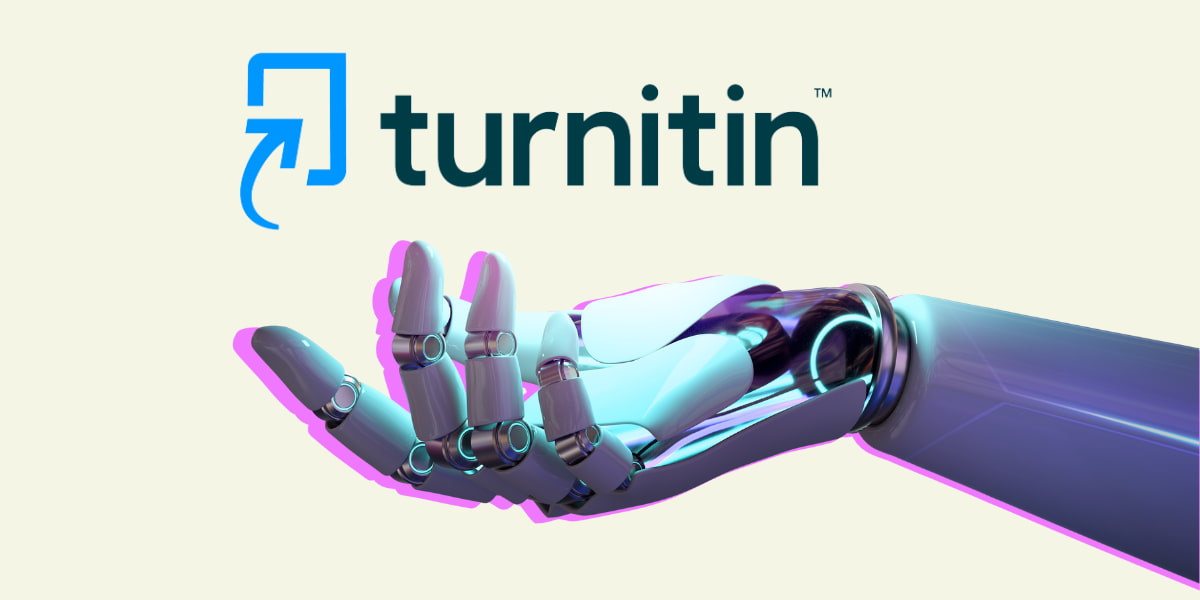'ChadGPT', A Blessing or Curse in Disguise?
Written by Harrison Lo
Published a year ago
Edited 10 months ago

“F*** it, I’m going to ChatGPT the answer”
Over the last term, I’ve said this phrase countless times in a last ditch effort to scrape any form of marks to answer my quizzes or assignments.
Since it’s launch in November 2022, ChatGPT has taken the world by storm — becoming fastest-growing consumer app in internet history by reaching 100 million users within two months. Of course, this rise does not come without controversy, including:
Major Data and Privacy Breaches
Where OpenAI’s current CEO confirmed numerous data breaches that were caused by a vulnerability in the code’s open-source library.
https://twitter.com/sama/status/1638635717462200320
This data breach is reported to have exposed another active user’s first and last name, email address, payment address, credit card type and the last four digits (only) of a credit card number, and credit card expiration date.
Read more on this data breach here.
Additionally, ChatGPT’s privacy policy, which saves and logs every conversation, including any personal data you share as training data has resulted in ChatGPT being temporarily banned in Italy. In its statement, Italy’s watchdog states that there was no legal basis to justify
“the mass collection and storage of personal data for the purpose of ‘training’ the algorithms underlying the operation of the platform”
and
“exposes minors to absolutely unsuitable answers compared to their degree of development and awareness”.
With Italy making headlines as the first Western country to block ChatGPT, a precedent has now been set and the European Union has been reported to work on the world’s first artificial intelligence legislation.
A Revolution in Education & Office Work
Aside from the data and privacy issues that stem from generative AI, controversy has also formed for education - with UNSW’s students being caught for academic misconduct for use of generative AI.
Following this, all UNSW students were emailed a statement regarding Turnitin’s new AI detection tool:
“While the technology changes, our values around academic integrity do not. Your work must be your own and where the use of AI tools like ChatGPT have been permitted by your course convener, they must be properly credited, and your submissions must be substantially your own work. In cases where the use of AI has been prohibited, please respect this and be aware that where unauthorised use is detected, penalties will apply.”

In the workplace, reception towards usage of generative AI has been all over the spectrum - where firms such as Samsung, Amazon, Bank of America, and JP Morgan outright banned the use of ChatGPT, voicing concerns regarding copyright infringement and disclosure of data.
On the other hand, firms like Citadel, are currently negotiating an enterprise-wide license for the tool. Similarly, a case can be made for automating menial office tasks - where generative AI points to a future where many of the boring parts of white-collar life are easily completed.
On the other side of the coin, Goldman Sachs anticipates that 300 million jobs will be displaced by AI as the aforementioned low-skilled tasks and jobs become automated. However, it is likely that jobs which require more ‘complexity’ and ‘creativity’ will be safe from the jaws of automation.

For more information on how generative AI will change the workplace, read here.
TLDR: ChatGPT is revolutionising the workplace, but doesn’t come without its drawbacks, including privacy breaches, and an increase in academic misconduct.